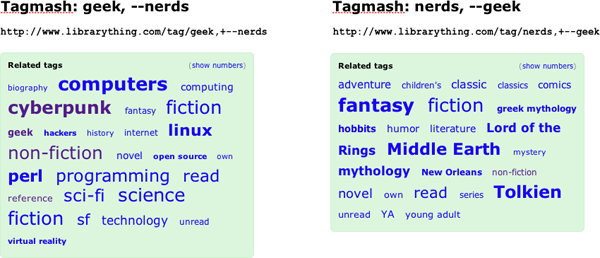The latest Electoral Reform Green Paper, Strengthening Australia’s Democracy (available from http://www.pmc.gov.au/consultation/elect_reform/strengthening_democracy/index.cfm ), was recently released. While it covers an issue that has been jumped all over recently by mainstream media, that of lowering the voting age, which while somewhat interesting, it also covers issues which I think are far more discussion worthy.*
I love talking about electoral reform. It is one of my favourite topics. I could talk about this paper a lot.
For today, sections 5.42 to 5.62 discuss the voting system used in the house of representatives. Currently, the house of representatives uses a preferential voting system. In effect, this means you can choose to give each candidate a number, and if for some unknown reason you give your first preference to a Family First candidate, throwing your vote away, you get an automatic reprieve and your vote is reallocated to your second preference. This process of preference skipping is repeated until a preference for a sensible party (or occasionally the greens) is reached.
In all seriousness though, the preferential system is a mostly sound system. The main problem from most perspectives is preferential systems always favour majority groups. A candidate needs to be the first to reach 50% of votes, via an initial majority or through preferences. For example, in Queensland, in each electorate, the candidate who gets to 50% first will win. Thus, as one of the main parties will generally get to 50% on preferences first in each electorate, minority parties will generally fail. Thus, even if 10% of Queenslanders support the anti-environment party and everyone else puts them as last preference, if those who support are roughly distributed evenly across all electorates, they won’t win a thing. Thus, sizeable minorities that otherwise do not form the majority views in any electorate will have no representation in the lower house.
Alternatively, the Senate has a proportional system. A fantastic article on how our proportional voting system for the Senate works can be found here : http://www.abc.net.au/elections/federal/2004/guide/senatevotingsystem.htm . Or if you are dull like me, go read (the incredibly wordy and complex) section 273 of the Commonwealth Electoral Act 1918. The way our proportional quota vote counting system works is very interesting, and I don’t think too many people in Australia have much idea how the Senate is actually elected.
So, back to the new green paper. One of the opportunities it outlines is for the House of Representatives to shift to a form of proportional representation, with divisions at the state or sub-state level. The green paper even discusses many of the arguments for and against the idea (it is quite the paper). This change has the potential to change the political landscape. It also raises some interesting issues for how the ballots will be developed (i.e. will the option remain of voting “above the line” for a single political party, thus accepting the party’s preference order for candidates).
I am still making my way through this paper (at 260 pages it is quite a study). And there have already been a few parts of it I have been disappointed with (the discussion of current proportional vote counting in the paper is poor). But this thing provides topic fodder for months.
*Utilising Nathan’s asterix technique, and noting my prior post, lowering the voting age is pulp news. Further, a 16 year old who wants to sail around the world is not news, and everytime the State Premier/Deputy Premier etc has a press interview, they should not be asked their opinion on said teenager sailing around the world, and their comment is not news.
